OSCE mission releases its initial report on presidential elections in Uzbekistan
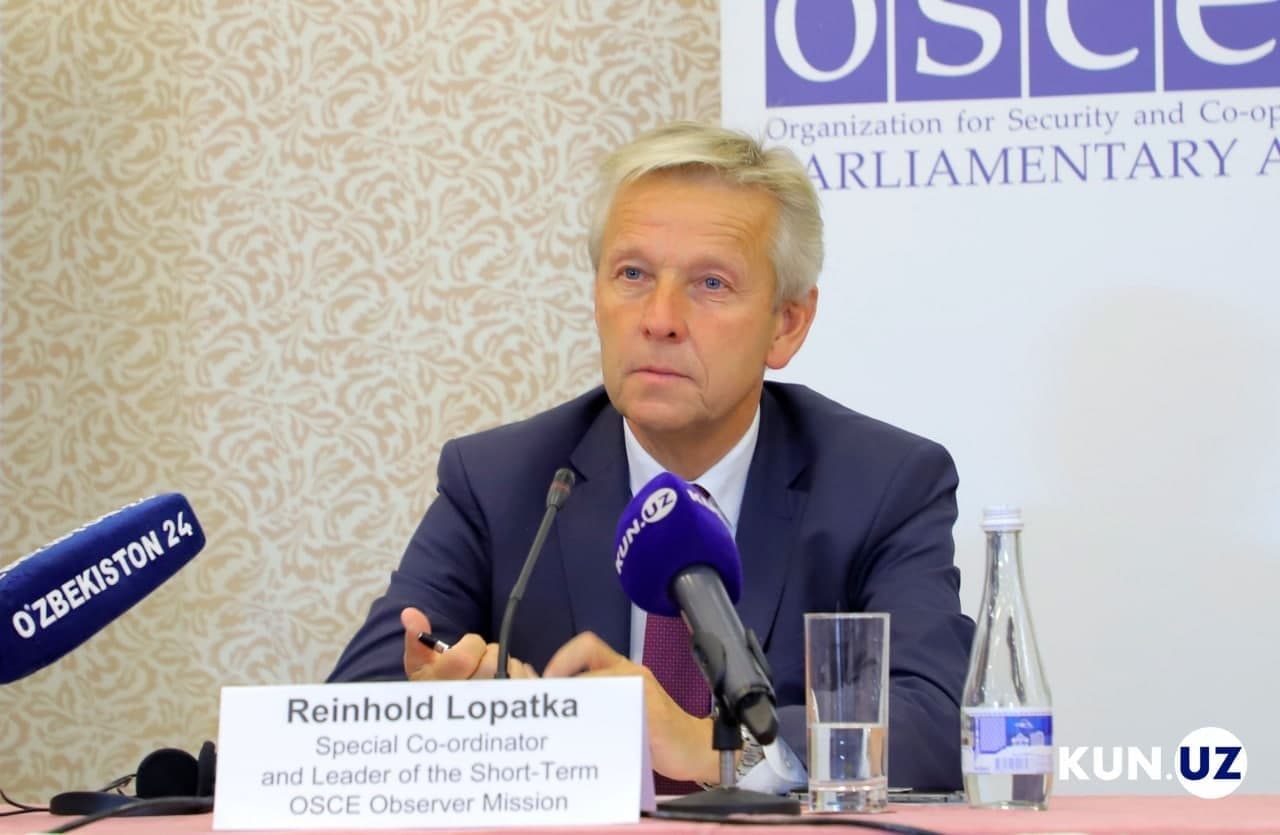
Фото: KUN.UZ
In its initial report on the presidential election, the OSCE mission stressed the need to continue democratic reforms in the country. It was also noted that despite the recent effective reforms, Uzbekistan lacks real pluralism and a real competitive environment between presidential candidates.
The OSCE Office for Democratic Institutions and Human Rights (OSCE/ODIHR), the OSCE Parliamentary Assembly (OSCE PA) and a joint mission of European Parliament observers have acknowledged that the country’s legal framework has been significantly reformed in recent years and most of the changes are in line with previous recommendations. However, observers noted that there were still a number of shortcomings in the electoral legislation and it still did not fully meet international standards for democratic elections.
“Although the country’s constitution guarantees fundamental human rights and freedoms, they are limited by other pieces of legislation and are not sufficiently enforced in practice,” the report reads.
According to Reinhold Lopatka, Special Coordinator and Leader of the Short-Term OSCE Observer Mission, this election demonstrated the need to continue democratic reforms in recent years as a confirmation of the progress made so far. “Full respect for fundamental freedoms that are somewhat lacking in elections and real competition between political forces are crucial to the realization of people’s democratic aspirations,” he said.
Violations
The joint mission also noted that the voting process on election day could not be positively assessed in many polling stations. According to the joint mission report, voter turnout was over 80%, but there were many serious irregularities. “In particular, a large number of voters were added to the voter list without proper procedures, they were allowed to submit their ballots without identity documents, or citizens were allowed to vote on behalf of others,” the report said.
Observers also reported cases in which multiple ballots were dropped into the ballot box by one person in several polling stations. In many cases, vote counting procedures were not followed, and some difficulties were reported in polling stations due to inconsistencies in the recording of results.
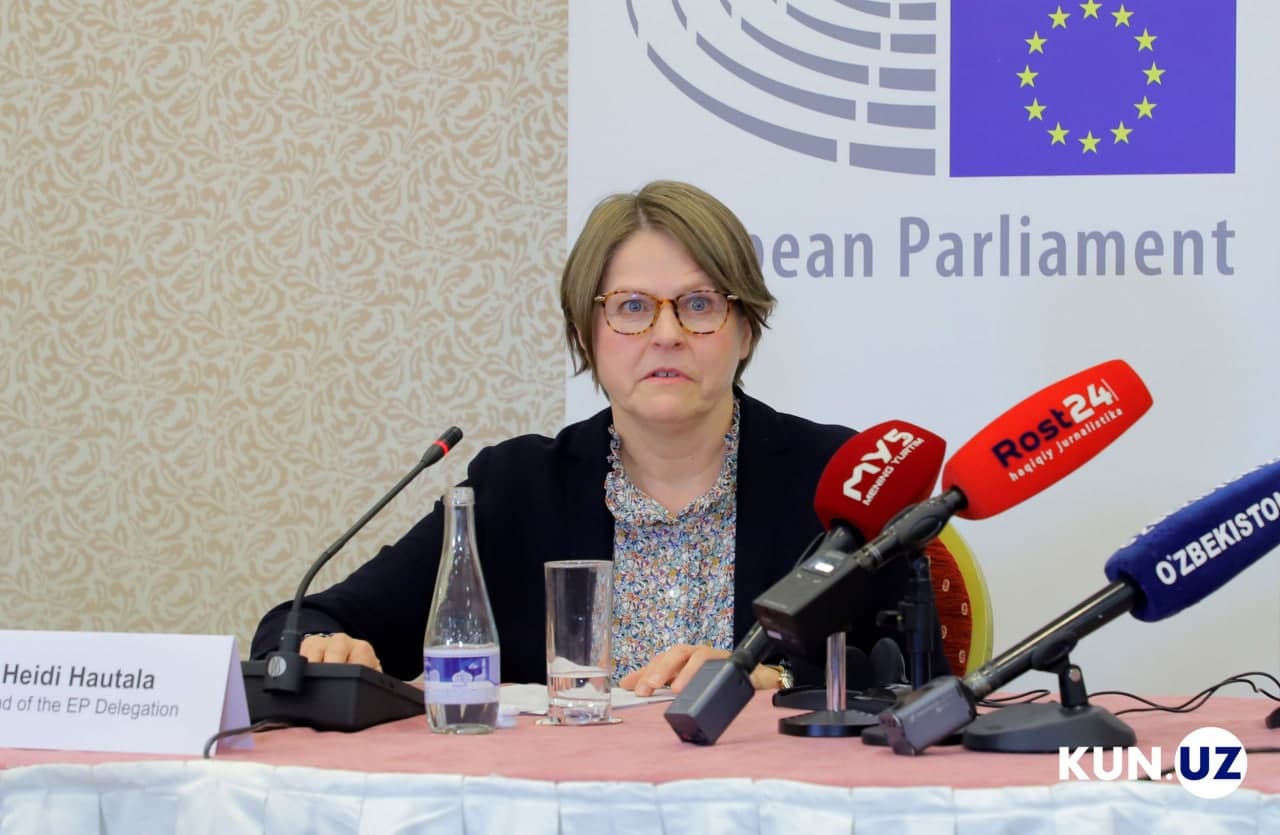
“It is clear that the recent and ongoing reforms in the country will bear fruit in the future. However, the absence of an opposition party and the lack of real competition, as well as a number of irregularities on election day, could be seen as a serious obstacle to the democratic process,” Heidi Hautala, head of the EP delegation said.
The head of the OSCE PA delegation, Daniela De Ridder, said that in some cases the old shortcomings still persisted.
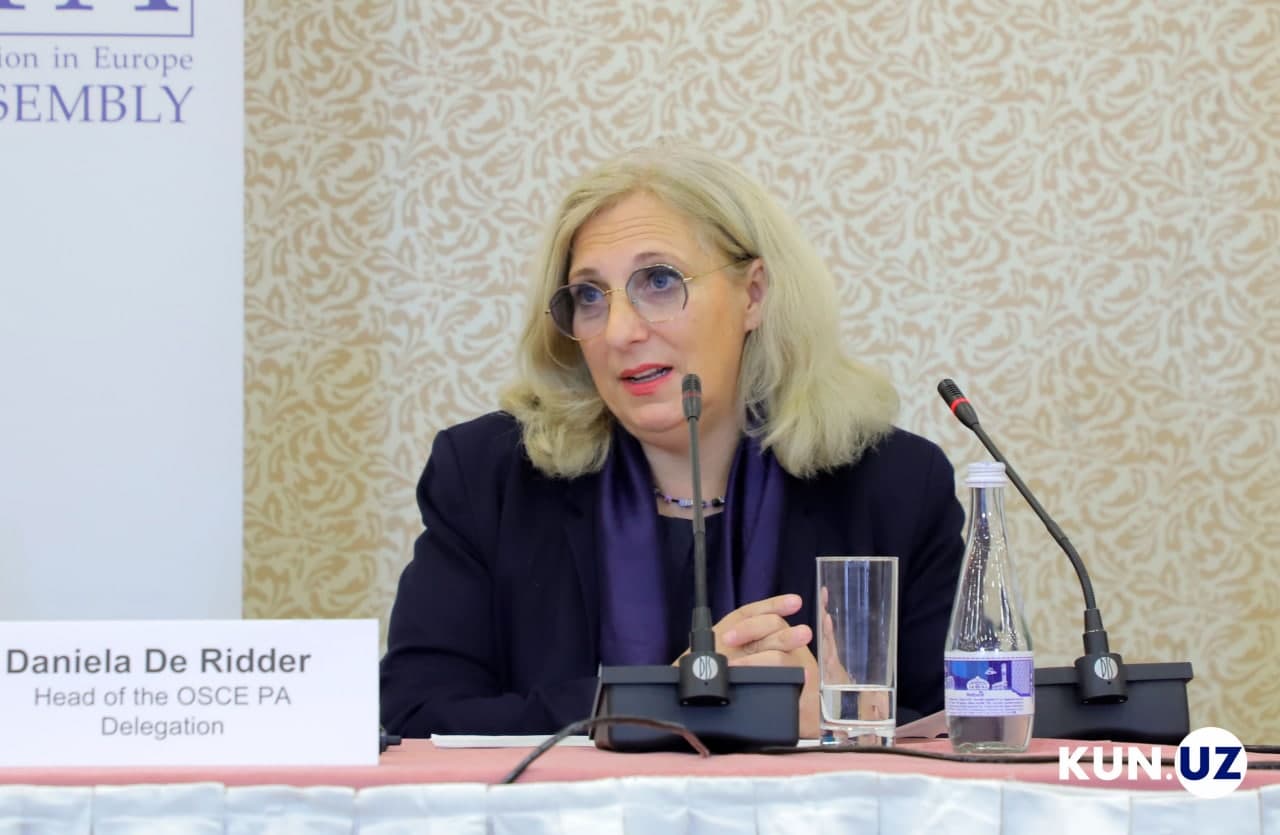
“While we appreciated the fact that the electoral process created the conditions for open voting, regardless of the language and physical capabilities of voters, we noticed that in some procedures the old shortcomings that were not overlooked still remain. In particular, such cases are more common during the vote count,” she said.
She expressed hope that the above-mentioned high-level legal reforms would continue, yield positive results in all spheres of society, strengthen the democratic political culture and finally eliminate such negative situations.
Role of women in the country’s political life
The focus is on the lack of political choices for voters. It was noted that one of the presidential candidates was a woman. The Constitution guaranteed equality between men and women, and women were not sufficiently involved in the country’s political life, despite the recent significant increase in the number of female MPs.
“The incumbent president and his role as the current candidate have been confused in general, and this has given him an unreasonable advantage. In addition, most private media outlets have covered the activities of the incumbent president to a greater extent than they have reported on other candidates. In addition, the monitored media also focused on the work of the current president.
Although coverage of local government and social issues was particularly sharp, especially on the Internet, observers noted that there was almost no criticism of high-ranking officials and candidates in the media. The limited legal framework for the media, as well as the harassment of journalists and bloggers, led to self-censorship of many journalists and further reduced the amount of information and analysis available to the general public,” the report said.
Reforms can yield good results in the future
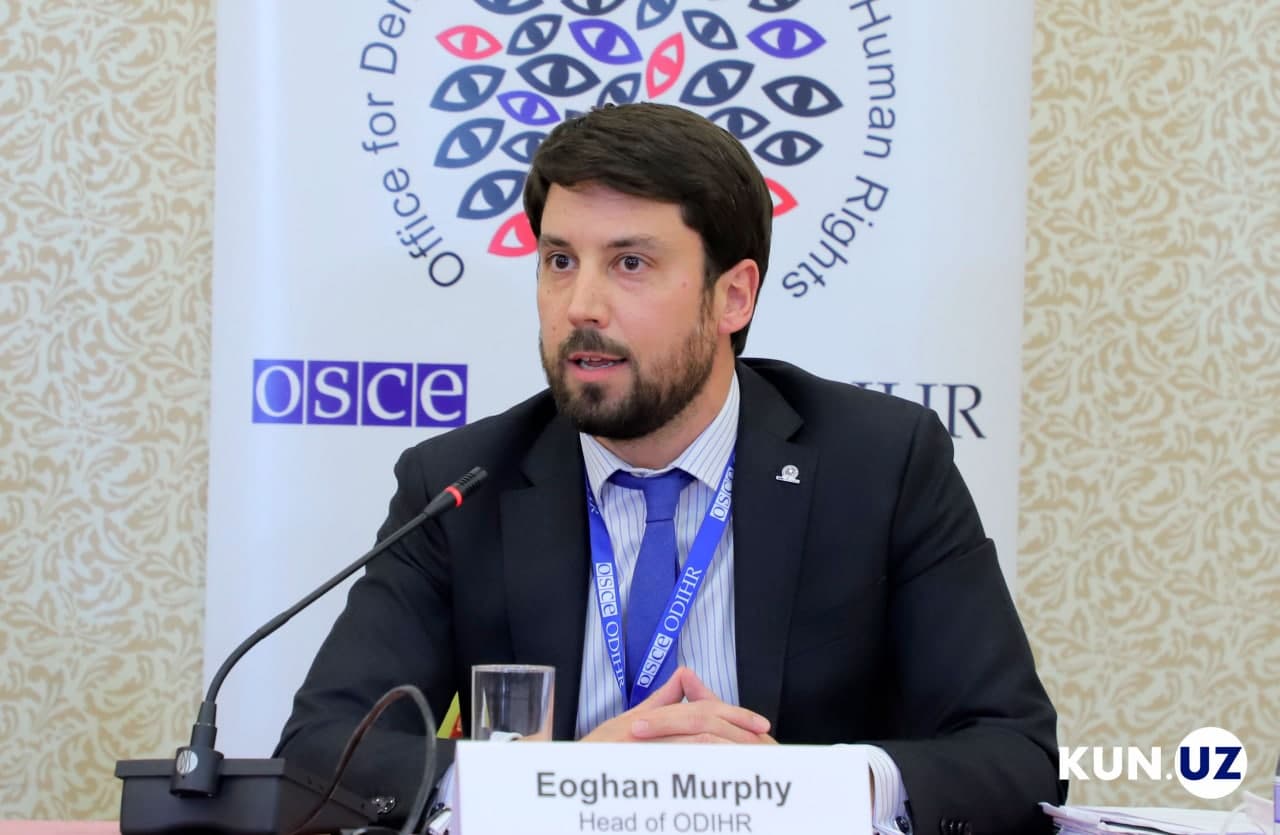
Eoghan Murphy, the head of the ODIHR Election Observation Mission, said there is still much work to be done.
“Through long-term monitoring, we are convinced that the reforms that are being carried out can yield much better results in the future, but there is still much work to be done. Despite the recent positive changes in the media and the Internet, citizens’ freedom of expression remains under control,” he said.
For information, the international election observation mission was attended by ODIHR experts, a total of 255 long-term and short-term observers, 99 parliamentarians and staff from the OSCE PA, 12 representatives of the European Parliament – a total 366 observers from 44 countries participated.
Related News

21:09 / 11.02.2026
Uzbekistan’s public sector expenditures rise despite administrative reforms
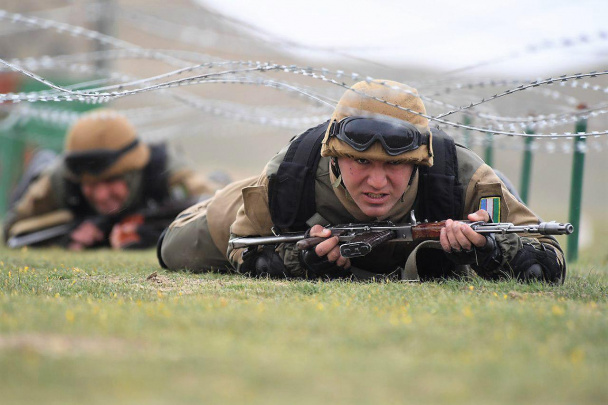
16:30 / 14.11.2025
Military service in Uzbekistan

13:27 / 08.10.2025
Interior Minister takes charge of Uzbekistan’s MMA Association
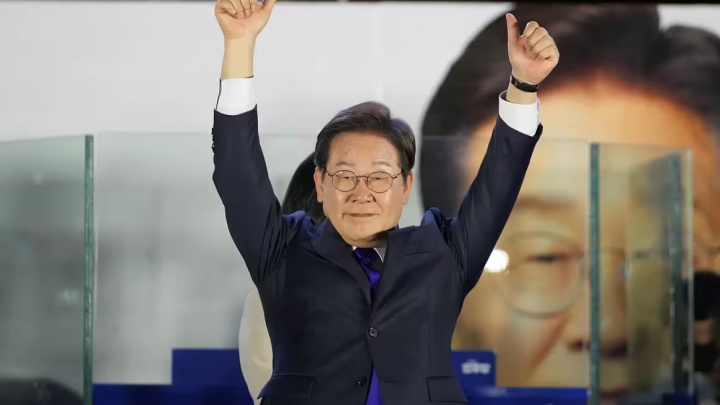
18:57 / 04.06.2025



